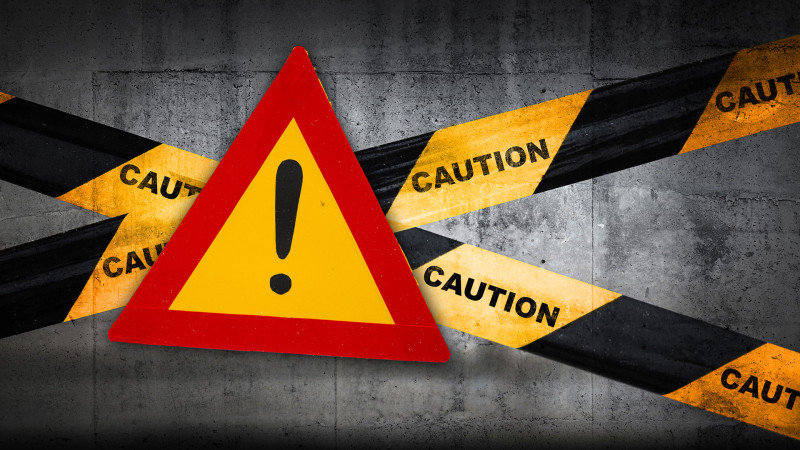Lead is a naturally occurring compound in our earth. Centuries ago, early civilizations discovered the metal and used it in various ways from jewelry and makeup to eating utensils and water pipes. The ancient Romans eventually figured out lead exposure was harmful and used slave labor in their mines. Consequently, some of the earliest workplace deaths occurred as a result of exposure to lead.
You might think that if ancient civilization knew lead exposure was had harmful consequences, then modern day workers would be safe from lead exposure by now. Sadly, this is not true. It has only been in the last generation, after banning lead gasoline and lead paints, that our government is taking necessary steps to make safer, lead-reduced living and work environments.
Unfortunately, many occupations still face a significant risk of lead exposure. These common jobs include:
- Painters
- Plumbers
- Construction Workers
- Automobile Mechanics
- Welders
Painters

Historically, artists used lead-based paints for hundreds of years. Historians suspect “painters colic”, a condition where symptoms included stomach pains, fatigue, and arthritis, was lead poisoning.
Today’s artists now use lead-free paints, but the modern-day laborer painter, the one who wields a roller or sprayer instead of a fine horse-hair brush, still faces lead risks. These risks come in the form of older structures, homes, and buildings built before 1978, the year the United States government banned lead paints.
Plumbers

Some of the earliest uses of lead were water pipes in the ancient Roman Empire. These pipes slowly poisoned the makers and users of the pipes. While today’s plumbers don’t face 2000-year-old pipes, they do encounter lead in modern plumbing, too. Lead pipes started to phase out in the 1920’s but lead pipe solder was not banned until 1986.
Construction workers

Similar to hazards found by modern painters, today’s construction workers, especially those involved in demolition and renovation, face lead hazards. Since lead paint was in use until 1978, any construction or demolition involving buildings built before 1978 will encounter some exposure to lead.
The Environmental Protection Agency has guidelines called the lead Renovation, Repair and Painting Rule or RRP rule, which requires construction companies use certified renovators who are trained by EPA-approved training providers and follow lead-safe work practices.
Automobile mechanics

Common areas for exposure to lead for workers repairing automobiles:
- Batteries
- Radiator repair
- Auto body work
Welders

If you are a welder, you face exposure to lead fumes, mainly if the coatings of the materials you are welding contain lead. Be sure to use local exhaust ventilation.
Symptoms
Lead poisoning manifests itself in many ways. Some common symptoms are:
- Fatigue
- Stomach Pain
- Joint pain
- Vomiting
- Constipation
If you work around lead and have concerns about your exposure due to symptoms or if you are just curious, the way to measure your exposure is to have a blood test. Lead levels in the blood are measured in micrograms per deciliter (mcg/dL). While there is not an entirely safe level of lead in blood, a measure below ten mcg/dL is generally not a concern in adults. In children, however, a level over five mcg/dL is dangerous. If your results are high, it is possible you have lead poisoning.
Possible treatments
If you are diagnosed with lead poisoning, the most important thing is to determine the source of exposure and remove yourself from it or eliminate it. A doctor may also prescribe a treatment called Chelation Therapy. This therapy involves ingesting a binding agent into the bloodstream, which attaches to the lead and then exits the body through urination.
Conclusion
If you work in an industry where lead exposure is typical, you need to be diligent in limiting your contact. Also, your employer has a legal obligation to meet specific exposure guidelines. If you are responsible for managing employees in these industries and need assistance in training, certification, or lead-exposure management, please seek professional help.


